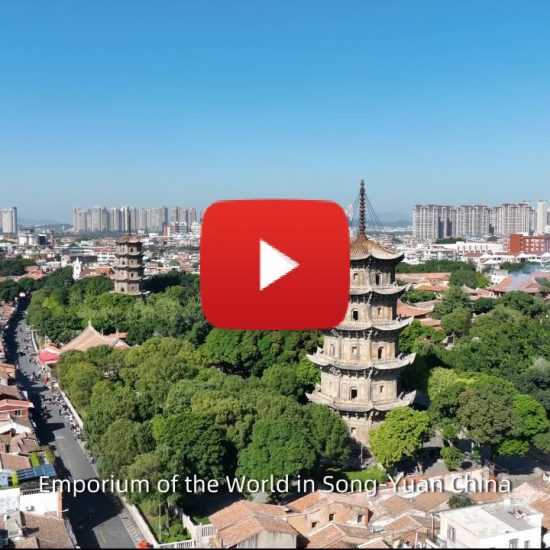
Neobanks, also known as digital banks, are transforming the banking landscape in the Gulf Cooperation Council (GCC) countries through innovative technology and a customer-centric approach. Unlike traditional banks, neobanks operate entirely online without physical branches, offering services such as savings accounts, payment solutions, and loans through mobile apps and websites. This shift is driven by the demand for more efficient, personalized, and accessible banking services.
The rise of neobanks in the GCC is largely attributed to the region’s young, tech-savvy population and high smartphone penetration. These banks leverage advanced technologies like artificial intelligence (AI) and machine learning to provide a seamless user experience. AI-powered virtual assistants, for instance, handle complex customer interactions, automate routine operations, and offer personalized financial advice, significantly enhancing customer satisfaction and reducing operational costs.
Personalization is a key feature of neobanks, allowing them to analyze customer data in real time and tailor services to individual needs. This hyper-personalization ranges from offering customized financial products to providing proactive customer support, making banking more relevant and engaging for users. For example, neobanks can predict cash flow issues based on spending patterns and offer tailored solutions such as overdraft protection or short-term credit, ensuring customers manage their finances more effectively.
Cryptocurrency integration is another area where neobanks excel. They provide easy-to-use platforms for trading, investing, and securely storing digital assets, meeting the growing demand for cryptocurrency services. By incorporating blockchain technology, neobanks ensure secure transactions and offer innovative financial products like crypto savings accounts and investment funds, attracting a new segment of tech-savvy investors.
The competitive edge of neobanks is further strengthened by their focus on operational efficiency. By automating back-office processes and leveraging digital strategies, they can reduce costs and improve service delivery. This efficiency allows neobanks to offer competitive pricing for their products, enhancing their appeal to cost-conscious consumers. In a high-inflation environment, such cost-saving measures are crucial for maintaining profitability and customer loyalty.
Traditional banks in the GCC are responding to the rise of neobanks by adopting digital transformation strategies. Collaborations between legacy banks and fintech companies are becoming common, allowing traditional banks to offer more innovative products and services. These partnerships help legacy banks stay competitive by combining their established customer base with the agility and technological expertise of fintech firms.
The regulatory environment in the GCC has also played a significant role in the growth of neobanks. Governments and financial regulators are increasingly supportive of digital banking initiatives, recognizing their potential to enhance financial inclusion and economic development. Regulatory frameworks are being adapted to facilitate the entry and operation of neobanks, ensuring they comply with financial standards while promoting innovation.
Despite their rapid growth, neobanks face challenges in scaling their operations to match those of traditional banks. Customer trust, particularly in handling financial data and ensuring security, remains a critical factor. However, the continuous investment in cybersecurity and the transparent handling of customer information are helping neobanks build credibility and trust among users.
The future of banking in the GCC is poised for further transformation as neobanks continue to innovate and expand their offerings. The ongoing digital revolution, driven by customer demand for better experiences and advanced technologies, is reshaping the financial sector. As neobanks and traditional banks evolve, the GCC banking landscape will likely see more collaborations, technological advancements, and enhanced financial services, benefiting consumers and the economy alike.
By focusing on innovation, user experience, and financial inclusion, neobanks are setting new standards in the banking industry, challenging traditional models and driving the sector towards a more digital and customer-centric future.




